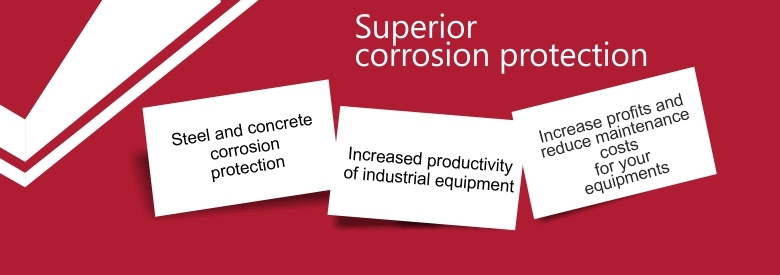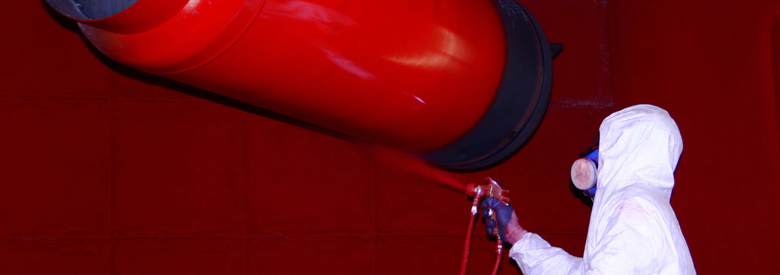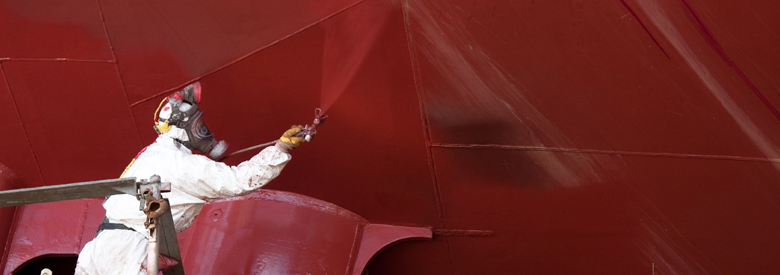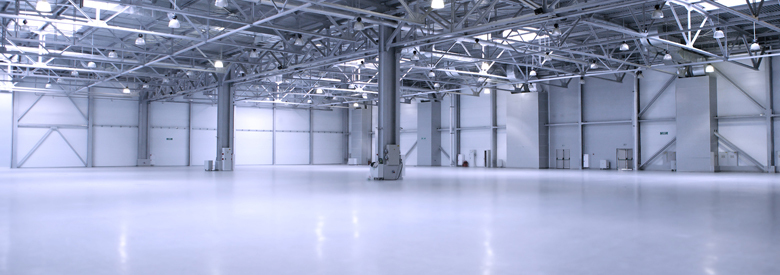5 resistance tests for corrosion protection systems. Here you can see the results

Ceramic polymer-based products have passed a series of tests for internal protection of concrete, according DIN EN 858-1. Also this year, an independent research institute carried out an analysis of the product ProGuard CN-1M in accordance with the requirements of DIN EN 858-1 for concrete protection, section 6.2.6.
Following tests were executed :
- Porosity test (on concrete by visual inspection at tenfold magnification. In addition, steel specimens were inspected by a 9 V pinhole detector)
Result: Even at a DFT of 125 µm, all test specimens (steel and concrete) were free from pores!
- Examination of adhesive strengths (Pull-off test – checking device INSTRON)
According to DIN EN 858-1 the adhesive strengths on concrete have to feature at least 2 N/mm².
Result: The test specimens all showed a higher value (3.7-5.7 N/mm², average of 4.8 N/mm² at 5 measurements). Please consider the fact that the concrete broke in all tests. Therefore, the real adhesion value is definitely higher!
- Control of impact strengths (ball impact test)
The falling weight was 1 kg with a drop height of 40 cm.
The inspection was carried out visually with a light microscope at tenfold magnification.
Result: No spallings or cracks were detected in the coating!
- Scratch resistance test (sclerometer, Clemen unit, ball point with a diameter of 1 mm, bearing-strength 50 N)
Result: On the test specimens scratches were visible, but no damages of the concrete substrates were measured!
- Chemical resistance (the test specimens were stored for 1.000 hours in different liquids, semi-immersed)
Test liquids:
- detergent mixture (90% demineralized water, 10% sodium addition, 40°C)
- ligth fuel oil according to ISO 8217 (23°C)
- gasoline, premium fuel and regular petrol in reference to DIN EN 228 (23°C)
- 100% biodiesel (23°C)
The test specimens were examined regarding to following criteria:
Gloss / color / cracking / blistering / swelling / shrinking / determination of hardness Shore D / loss of adhesion
After the chemical stress and a 24-hour-reconditioning the degree of blistering may not pass over value 2 and the decrease of hardness may not be higher than 25%, in reference to DIN EN 858-1.
The extensive test series with our coating CN-1M showed that all results were classified in group 0 (no blistering, no cracking, no swelling etc.). The Shore D hardness was even increased between 3% and 5%! Also, after exposure times no flaking of the coating occurred at the cuts on all specimens.
Source: http://proguard-coatings.de













